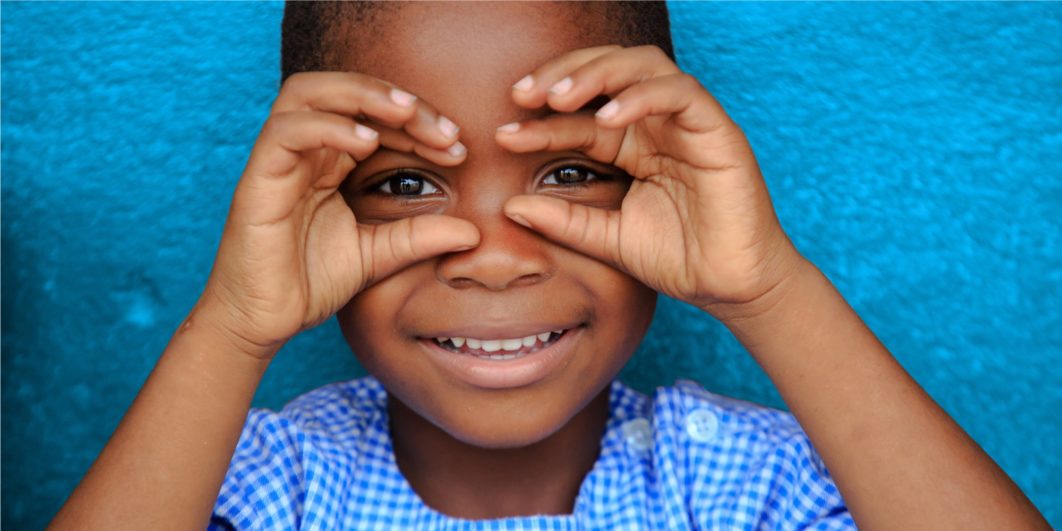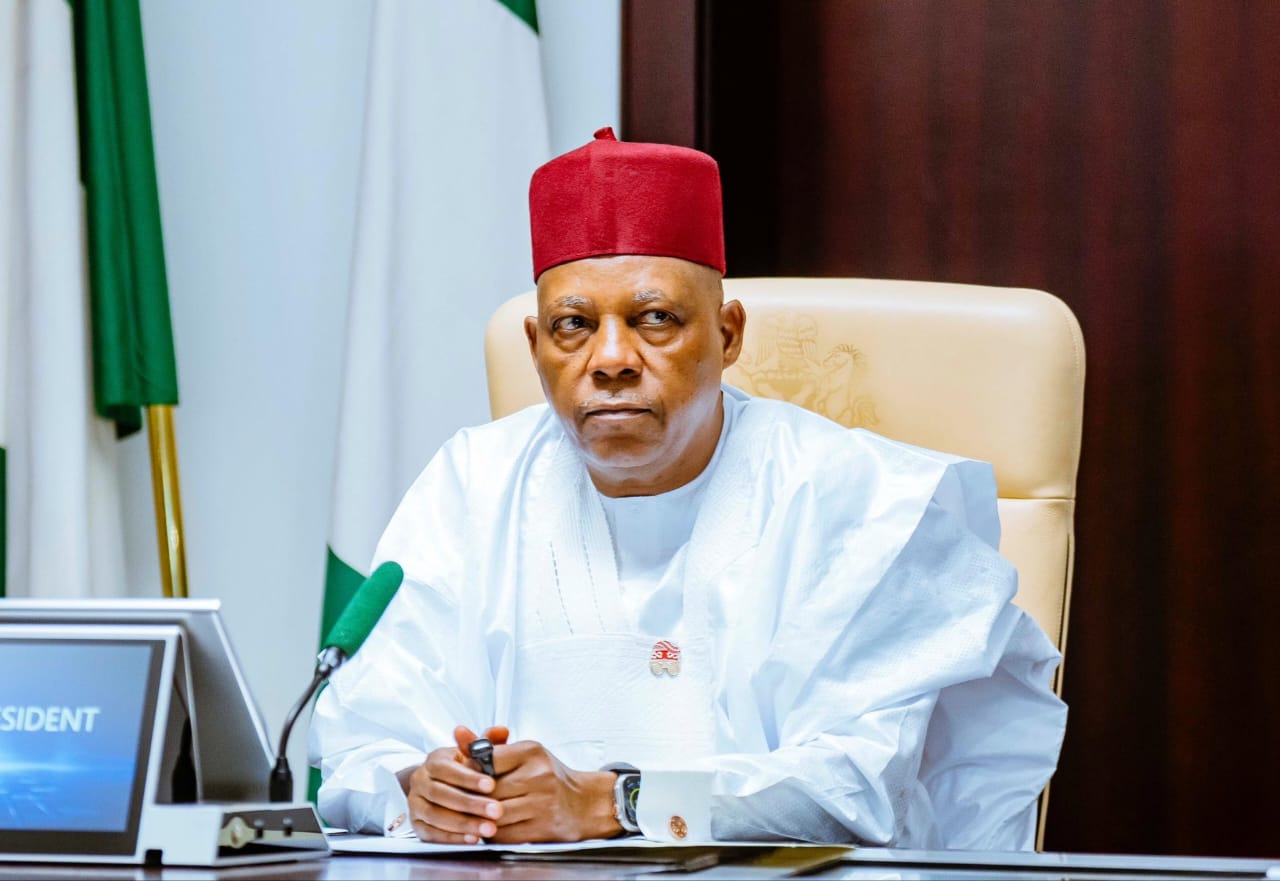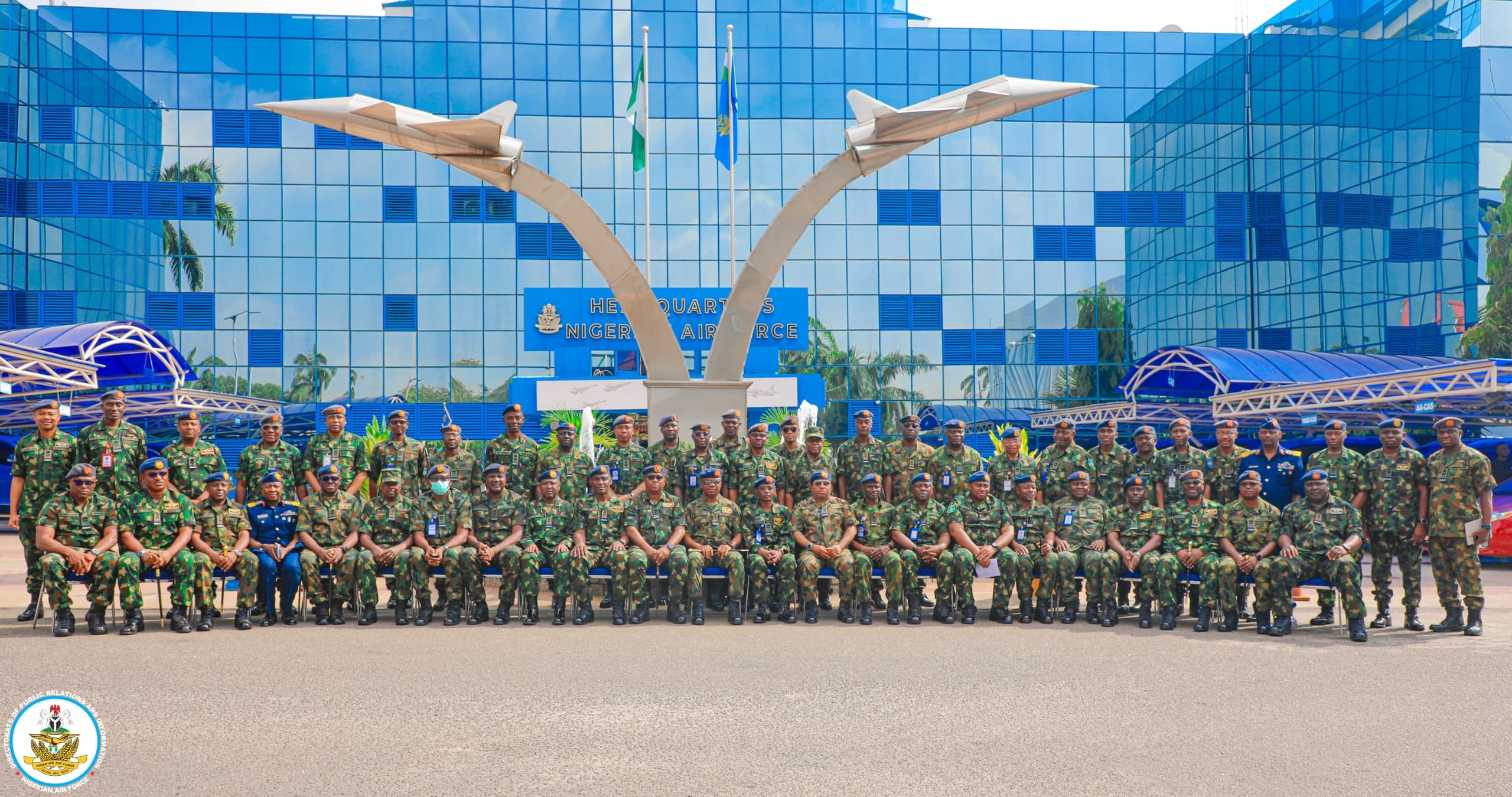
United Nations Children Fund (UNICEF) has urged governments, at all levels, to invest in the education sector to galvanise all-round development in the country and sub-Saharan Africa.
The UNICEF Education Specialist, Akure Field Office, Mr. Murtala Adogi Mohammed, said this, yesterday, at a monitored radio programme on Crest 87.7 FM in Akure to mark International Literacy Day (ILD) 2020.
Mohammed, speaking on the theme of the programme, said: “Literacy teaching and learning in the COVID-19 crisis and beyond,” is imperative to salvage education in the nation.
“To UNICEF and other international stakeholders in education, COVID-19 realities greatly bear on the role of educators and changing pedagogue. ”
He said Coronavirus has further worsened the existing literacy problems for pupils and youths with closure of schools.
He lamented that government, over the years, has failed in budget investment by only concentrating on infrastructure while abandoning other three key indices like: system strengthening, service delivery and capacity building.
“If government is only building buildings, it is not working for the sector to go places. We have to go beyond building buildings. The other three parts are more important, capacity building is key.”
Mohammed disclosed that UNICEF had partnered with state governments in the Southwest on remote learning to ensure that the “education sector does not suffer neglect.”
He noted that the special intervention by UNICEF since March, when schools were shut due to Coronavirus, had helped to ensure that the pupils were not left out in teaching and learning processes.
The ILD 2020, he added, offered huge opportunity to review the different approaches to literacy teaching and learning with special focus on technological innovations for maximum results.
He identified high level of illiteracy among parents, as a major challenge militating against remote learning, explaining that literate parents could help their wards to utilise distance learning opportunities.
He appealed to the government to strengthen literacy centres for active family involvement, effective teachers’ monitoring and mentoring policies would help the sector.
He urged government to thoroughly implement its education policy on mother tongue, assuring that the blended learning approach of classroom and remote learning would take care of literacy gaps during COVID-19.






